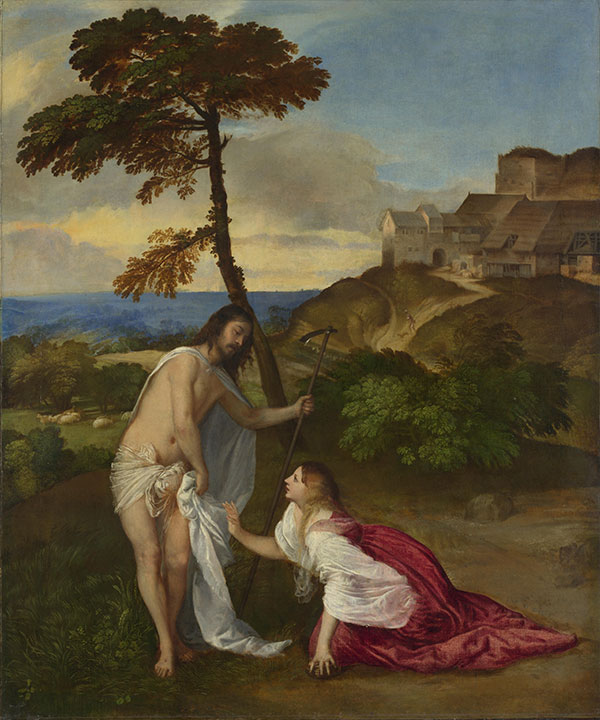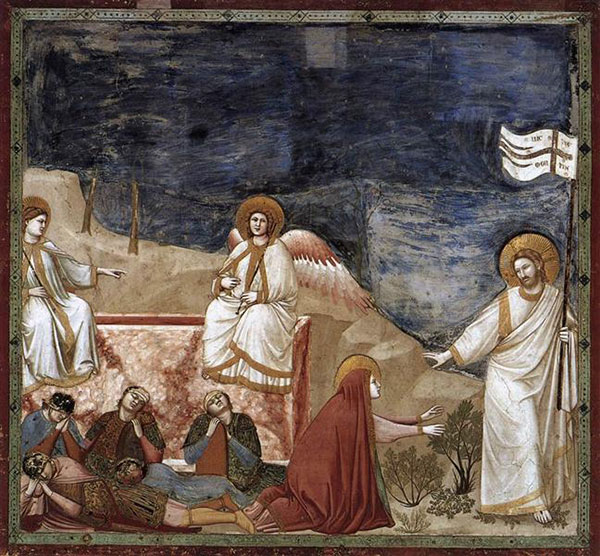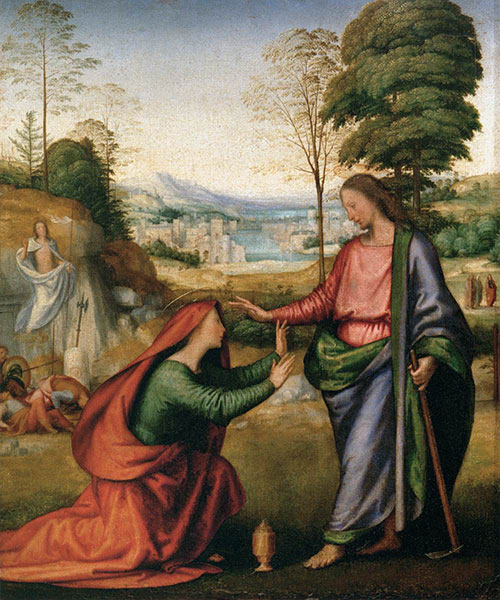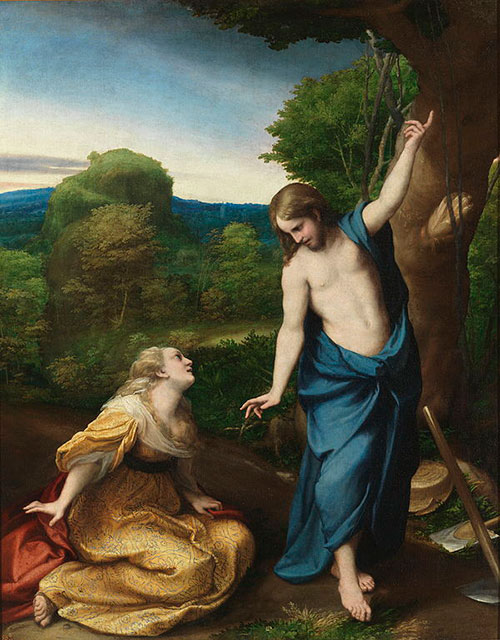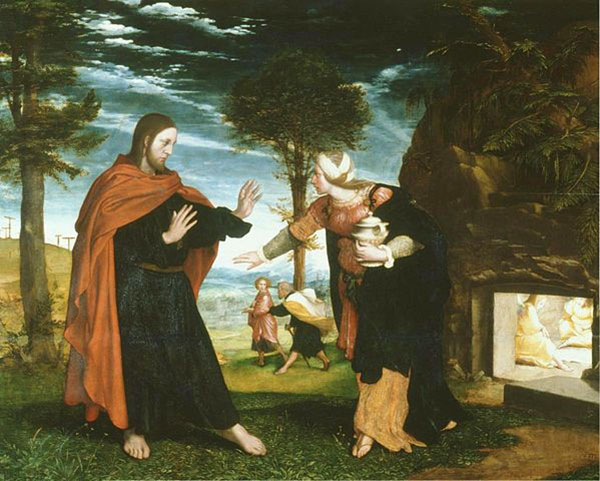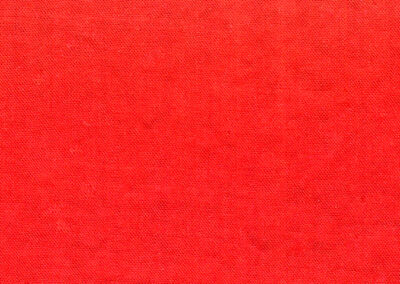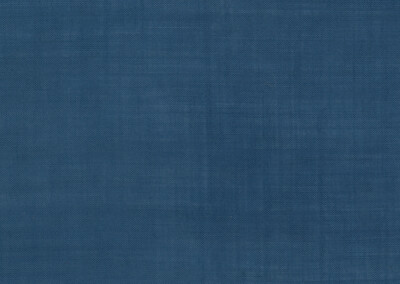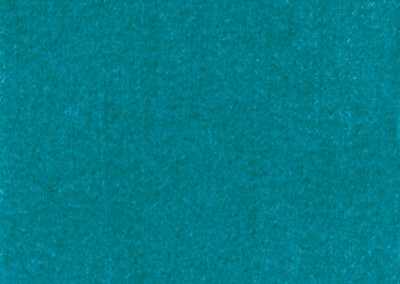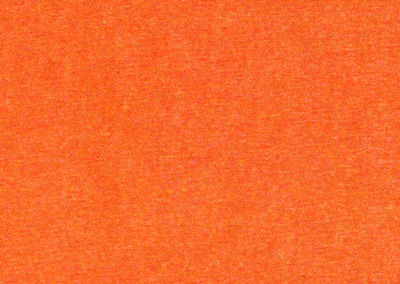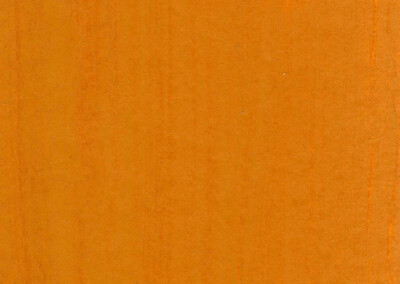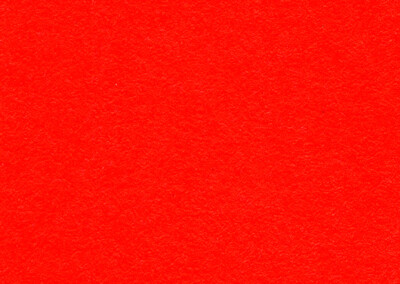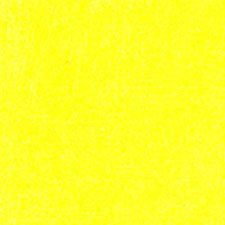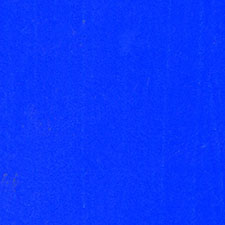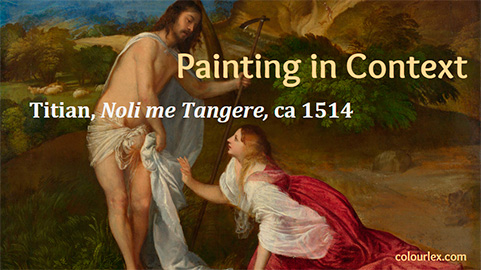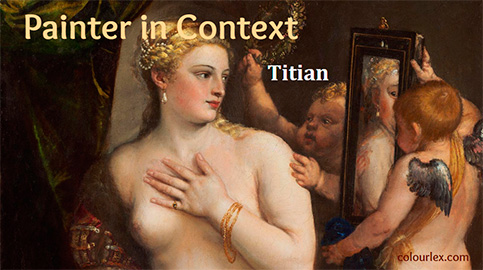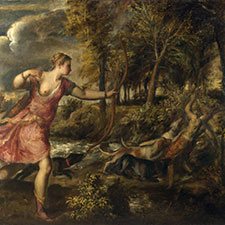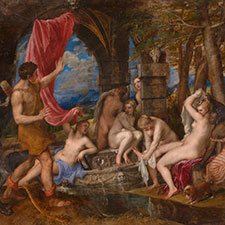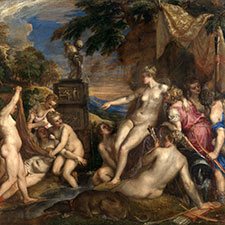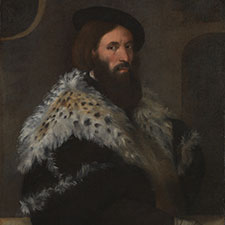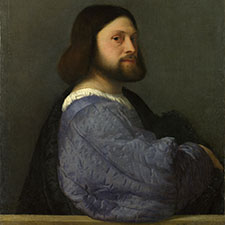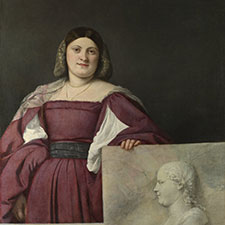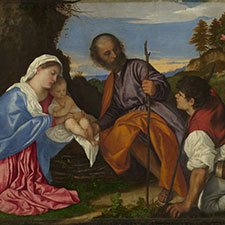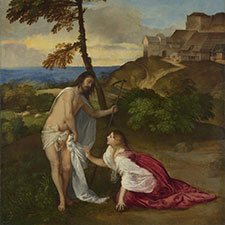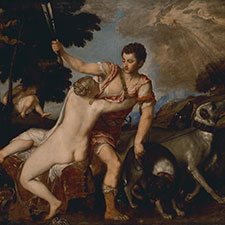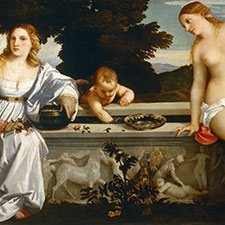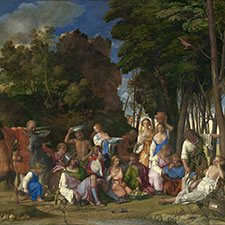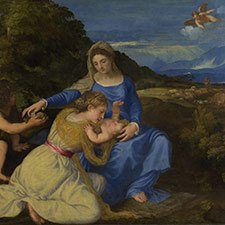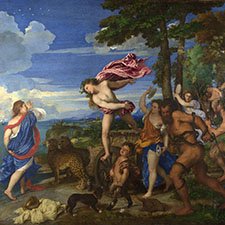Titian, Noli me Tangere
ca 1514Paintings sorted by Historical period | Painter | Subject matter | Pigments used
Overview
Medium: Oil
Support: Canvas
Size: 110.5 x 91.9 cm
Art period: High Renaissance
Provenance: Noli me Tangere
Mappingpaintings.org
Titian, ‘Noli me Tangere’ depicts the biblical scene (John 20:17) where Mary Magdalene recognizes Christ after his Resurrection. Christ is comforting Magdalen but also tells her not to touch him as he is soon to ascend to Heaven and she is not to be fixated on his earthly appearance. Noli me tangere is Latin for let no one to touch me.
The pigment analysis reveals Titian’s masterful painting technique as exemplified in the four white garments – Christ’s loincloth and shroud and Magdalen’s veil and linen blouse. They are all painted with lead white using a different technique (see Pigment Analysis below).
Bible Text
“Jesus saith to her, Touch me not; for I am not yet ascended
to my Father; but go to my brethren, and say to them,
I ascend to my Father and your Father, and to my God and your God.”
Related Paintings
Pigments
Pigment Analysis
This pigment analysis is based on the work of the scientists at the National Gallery London (1). The scientists employed IR-reflectography (IRR), X-radiography (XRR), and high-pressure liquid chromatography (HPLC) to gain insights into the inner layers of the painting and to identify the pigments.
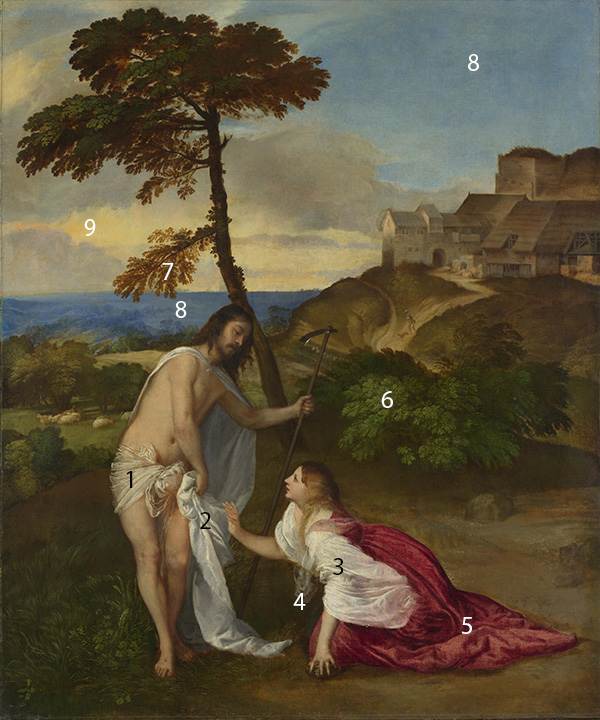
1 Christ’s semi-transparent loincloth: lead white painted with fluid paint to achieve the translucent effect.
2 Christ’s white cloak: lead white.
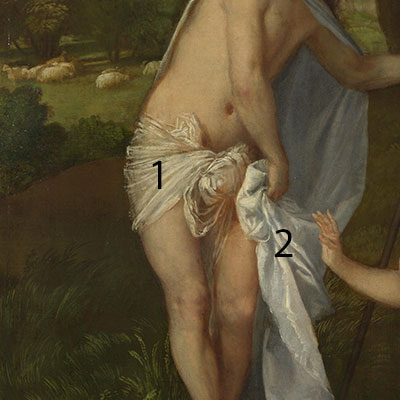
3 Magdalen’s linen sleeve: lead white with some impasto (in this technique the paint is laid on very thickly) in the folds.
4 Translucent veil: Lead white painted with an almost dry brush.
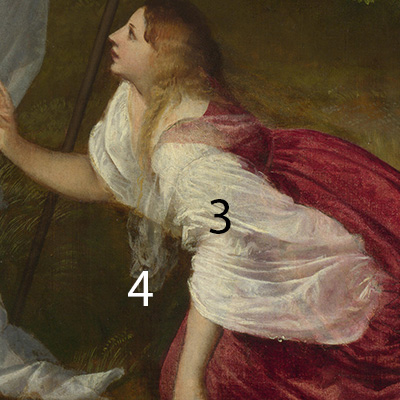
5 Magdalen’s red dress: underpaint based on carmine kermes lake and lead white glazed with a rather thick glaze of carmine lake and small amounts of madder lake.
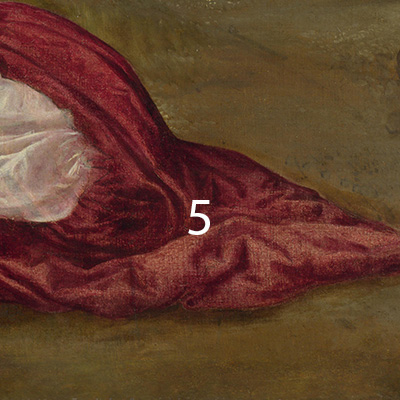
6 Green shrubs, green landscape with grazing sheep and green leaves of the tree: verdigris mixed with lead-tin yellow.
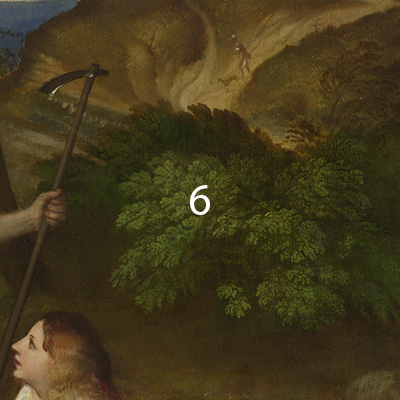
7 Brownish-green leaves of the tree: verdigris, red ochre, yellow ochre, and indigo.
8 Blue sky and blue distant landscape: natural ultramarine mixed with lead white.
9 Warm grey clouds: lead white, yellow ochre, and some red ochre.
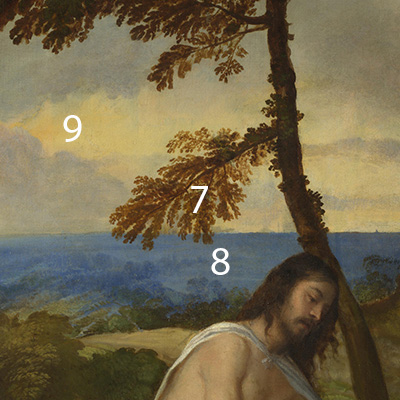
References
(1) Jill Dunkerton and Marika Spring, with contributions from Rachel Billinge, Kamilla Kalinina, Rachel Morrison, Gabriella Macaro, David Peggie and Ashok Roy, Titian’s Painting Technique to c.1540, National Gallery Technical Bulletin, Volume 34, 2013, pp. 4-31. Available as pdf. Catalog part I pp. 62-67. Available as pdf.
Pigments Used in This Painting
Resources
See the collection of online and offline resources such as books, articles, videos, and websites on Titian in the section ‘Resources on Painters‘
PowerPoint Presentations
Art Teachers' Materials
A richly illustrated presentation on the basic data, pigment analysis, and the pigments employed by Titian in this masterful depiction of the Biblical scene.
Art Teachers' Materials
A richly illustrated presentation on Titian: contains information on painting technique, pigments employed, and important written and online resources.
Videos
Video: 'Titian's Three Paintings in the National Gallery' by Open Universiteit
After a general discussion of Titian’s style the painting ‘Noli me Tangere’ is being discussed between ca 2:50 and 9:35 minutes. The other two paintings shown are ‘Bacchus and Ariadne’ and ‘Death of Acteon’.
Video: 'Titian, Noli me Tangere' by National Gallery London
Video: 'Titian, Noli me Tangere' by Smarthistory
Video: 'Early Titian Landscapes' by the National Gallery
Publications and Websites
Publications
(1) Jill Dunkerton and Marika Spring, with contributions from Rachel Billinge, Kamilla Kalinina, Rachel Morrison, Gabriella Macaro, David Peggie and Ashok Roy, Titian’s Painting Technique to c.1540, National Gallery Technical Bulletin, volume 34, 2013, pp. 4-31. Available as pdf. Catalog part I pp. 62-67. Available as pdf.

